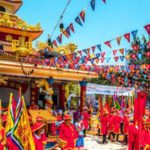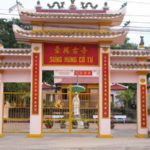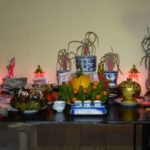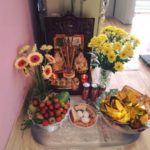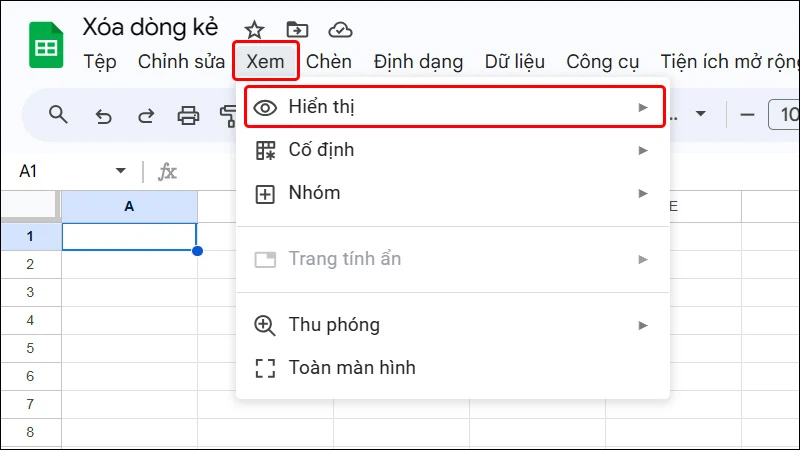The Hungry Ghost Festival is a popular spiritual practice in Vietnam, held annually on the 15th day of the 7th lunar month (Rằm tháng 7). It involves offering rituals to wandering spirits to ward off bad luck and bring peace and prosperity to the family. But what is the proper way to perform this ritual? When is the best time, and how should one pray? Let’s explore these questions and more in this article.
1 The Rituals of Hungry Ghost Festival
When performing the rituals, the host should be dressed neatly and avoid wearing shorts.
It is advisable to keep children, pregnant women, and the elderly away from the ceremony as they may be vulnerable to mischievous spirits.
For the offering, avoid presenting sticky rice, chicken, or salty dishes.
The offering tray should be placed outdoors, away from the entrance of the house.
When scattering the paper money, face the four directions: East, West, South, and North.
In Vietnamese folk beliefs, incense sticks are usually lit in odd numbers (1, 3, 5, 7, or 9) to represent the Yang energy when honoring the ancestors and offering prayers for health, luck, and smooth sailing in life.
Remember to keep the incense sticks straight when lighting them.
The host should arrange the offerings symmetrically, with flowers and fruits following the “East for flowers, West for fruits” principle, along with wine and water.
2 Timing of the Rituals
 Hungry Ghost Festival Rituals
Hungry Ghost Festival Rituals
The rituals are typically performed in the late afternoon or evening because, according to folk beliefs, the bright daylight hours weaken the spirits, and performing the rituals in the morning may prevent the spirits from approaching.
3 Prayers for the Hungry Ghosts
During the ceremony, the host should stand in front of the offering tray and join their hands in a praying gesture at eyebrow level. Before starting the prayer, bow three times and then recite the prayer, ending with four bows and three final bows.
The prayer should include the date of the ceremony, the names of the deceased, the host’s name and those of their family members, the reason for the prayer, and any wishes or requests.
The seventh lunar month is considered inauspicious, with various taboos. Therefore, it is essential to be aware of these taboos, as well as the proper offerings and rituals, to avoid any misfortune.
With this information, we hope you can choose the right time and prepare well for the Hungry Ghost Festival rituals this seventh lunar month.
Offering More Than Just Food and Sweets at the Altar of the God of Wealth: Boost Your Prosperity by Adding This Item, Pleasing the God of Wealth and Unlocking a Golden Fortune
Incense burning and offerings of salt, fruit, and golden pastries are essential in spiritual rituals. However, when it comes to the God of Wealth, there is a unique ceremonial item that many people are not aware of.

























